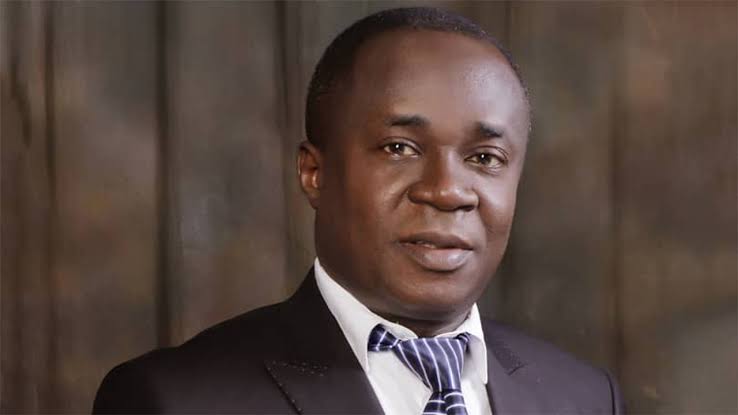2021 Budget: Experts Caution National Assembly Against Inflating N13trn Expenditure
Some Finance and Economic experts have cautioned the National Assembly against increasing the N13.08trn expenditure submitted by President Muhammadu Buhari in the 2021 budget.
Advertisement
The President had presented the 2021 budget to a joint session of the National Assembly with aggregate expenditure of N13.08trn.
For 2021, the President said the proposed N13.08trn expenditure comprises Capital Expenditure of N3.85trn, Non-debt Recurrent Costs of N5.65trn; Personnel Costs of N3.76trn; Pensions, Gratuities and Retirees’ Benefits of N501.19bn; Overheads of N625.5bn; Debt Service of N3.124trn; Statutory Transfers of N484.49bn; and Sinking Fund of N220bn to retire certain maturing bonds).
The President said the 2021 Budget deficit inclusive of Government Owned Enterprises and project-tied loans is projected at N5.2trn, adding that this represents 3.64 percent of the budget size.
But reacting to the development, the experts who spoke to THE WHISTLER in separate telephone interviews said that increasing the expenditure size at a time when the government is having revenue challenge would make it difficult for the Federal Government to implement the budget.
Advertisement
The revenue projections and forecasts of government have not been achieved in recent times.
For instance in 2016, revenue projections fell short by 23 per cent; in 2017,it fell short by 47.73 per cent and in 2018 by 45 per cent.
In the 2020 fiscal period, government have only been able to achieve about 60 per cent of its revenue projections
The President, Capital Market Academics of Nigeria, Prof Uche Uwaleke, said the decision of the Executive arm to submit the budget proposal in good time would allow the National Assembly sufficient period to consider and pass the appropriation Bill.
He said the assumptions and budget parameters are realistic except for the exchange rate of N379 to the dollar that may not hold.
Advertisement
This, he said is due to the on-going process of unifying exchange rates across all foreign exchange windows by the Central Bank of Nigeria in line with the prescription of the International Monetary Fund.
However, he said that the real Gross Domestic Product growth rate projected at three per cent is a little ambitious in view of the impact of COVID-19 on the economy which is expected to linger till next year.
This, he noted, was why the recent Fitch report on Nigeria projects a GDP growth rate of 1.3 per cent for the country in 2021.
He said, “I wish to note that the budget proposal seems to have set the right priorities with the bulk of capital spending going to Works and Housing, Power and Transport.
“For the first time in many years, the capital allocation to Education and Health are above that of defense.
“I must add however, that new borrowings of over N4trn to part finance a deficit of over N5trn is worrisome given the already huge amount of over N3trn allocated to debt servicing alone.
Advertisement
“COVID-19 notwithstanding, the deficit to GDP should have been kept within the three per cent threshold stipulated in the Fiscal Responsibility Act 2007.
“I hope the National Assembly will consider any amendment within the budget envelope of N13.08trn and not end up jerking up the figure.”
Also speaking, the Registrar, Institute of Finance and Control of Nigeria, Godwin Eohoi said in order to achieve the revenue target for next year, key reforms should be implemented with increased vigour to improve revenue collection and expenditure management.
He said achieving fiscal sustainability requires decisive actions, noting that the budget performance had shown clearly that the country had revenue challenge.
He gave some of the reforms initiatives that should be undertaken to include deployment of new technology to improve collection, stronger enforcement action against tax defaulters and tighter performance management framework.



